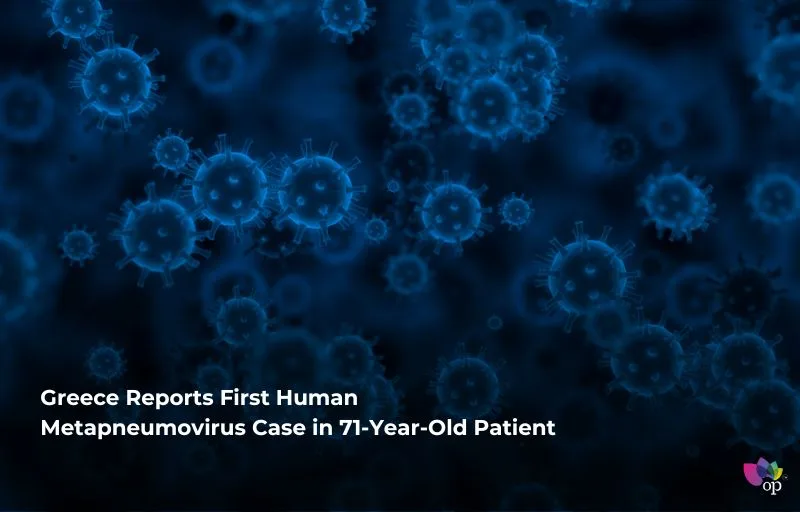According to the reports on Thursday (9 January), Greece has confirmed its first case of Human Metapneumovirus (HMPV) in a 71-year-old man who is currently in intensive care in Thessaloniki. The patient, who has pneumonia and underlying health conditions, was reported to be receiving medical care in the northern port city. In response, the National Public Health Organisation has instructed healthcare professionals to follow Covid-19 protocols and maintain strict hygiene measures to minimize the risk of spread.
HMPV is a virus that has been circulating for decades, and experts reassure the public that there is no reason to panic. Gkikas Magiorkinis, an associate professor of epidemiology, emphasized that while the virus can cause respiratory illness, it is not considered highly dangerous. The virus primarily affects vulnerable individuals such as young children, older adults, and those with weakened immune systems.
The Indonesian Minister of Health also addressed recent cases of HMPV detected in Indonesia. He assured the public that the disease is not new and has been present in the country since 2001. The minister highlighted that while several children have been infected, the virus has not caused any serious health impacts, noting that the symptoms are similar to those of the common flu.
Discovered in 2001, HMPV belongs to the Pneumoviridae family, which also includes Respiratory Syncytial Virus (RSV). It is known to cause upper and lower respiratory infections, particularly in vulnerable populations. While there is no vaccine or antiviral treatment for HMPV, doctors typically manage the symptoms in seriously ill patients. The virus is most active in late winter and spring in temperate climates, with symptoms including cough, fever, nasal congestion, and shortness of breath.
References


